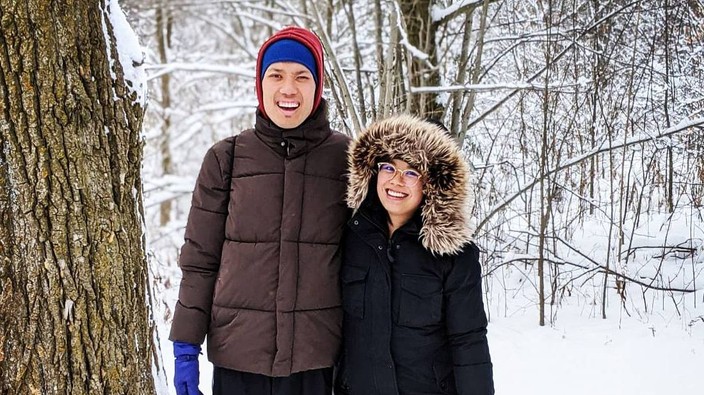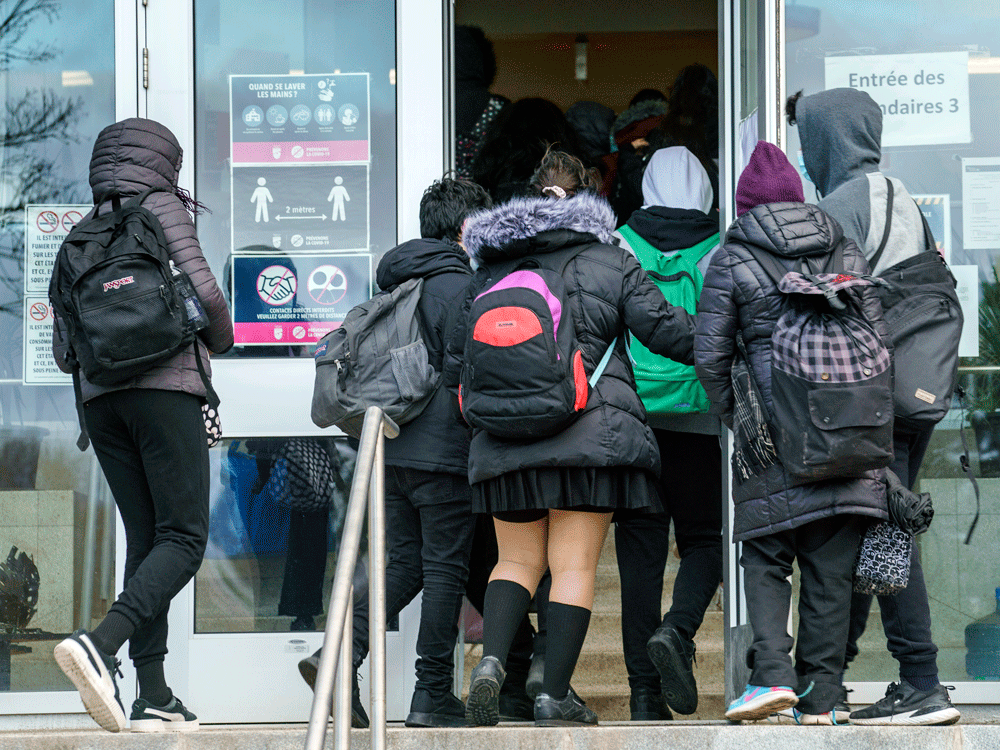“it was my space and that was my activity that i liked to do so i protected it for much of my life,” she says.
toswell also encourages parents to carve out one-on-one time with the typically developing sibling to help them feel special and supported.
this is what andrea haefele started doing five years ago. haefele has a 12-year-old daughter living with autism and a rare genetic disorder called pitt hopkins syndrome which means she needs around-the-clock support. she also has a typically developing son who is nine years old, who she describes as, “a 30-year-old man in a nine-year-old body.” her son is very attentive to her daughter’s needs and has always assumed a caregiving role.
but when he first went to school at the age of four, he started acting out.
“it was almost like he discovered school as his respite,” says haefele. “his role is to always watch out for his sister, but she wasn’t there, so it was almost like he didn’t have to be a parent anymore.”
it was then she realized her son needed alone time with her and her husband. since then, they set aside an hour or two a few times a week to do any activity their son chooses whether that be playing soccer or watching a movie.
every sibling relationship is different and for helen ries, she only started to think of herself as her brother’s caregiver in her 40s when her mother suddenly died. her brother is a person with
down syndrome and for most of her adult life, their relationship looked fairly typical — the duo would go out for dinner together, garden together and visit one another when they lived in different cities. but when her mom died seven years ago, ries moved in with her brother and quickly assumed the role of his primary care giver.
 5 minute read
5 minute read









